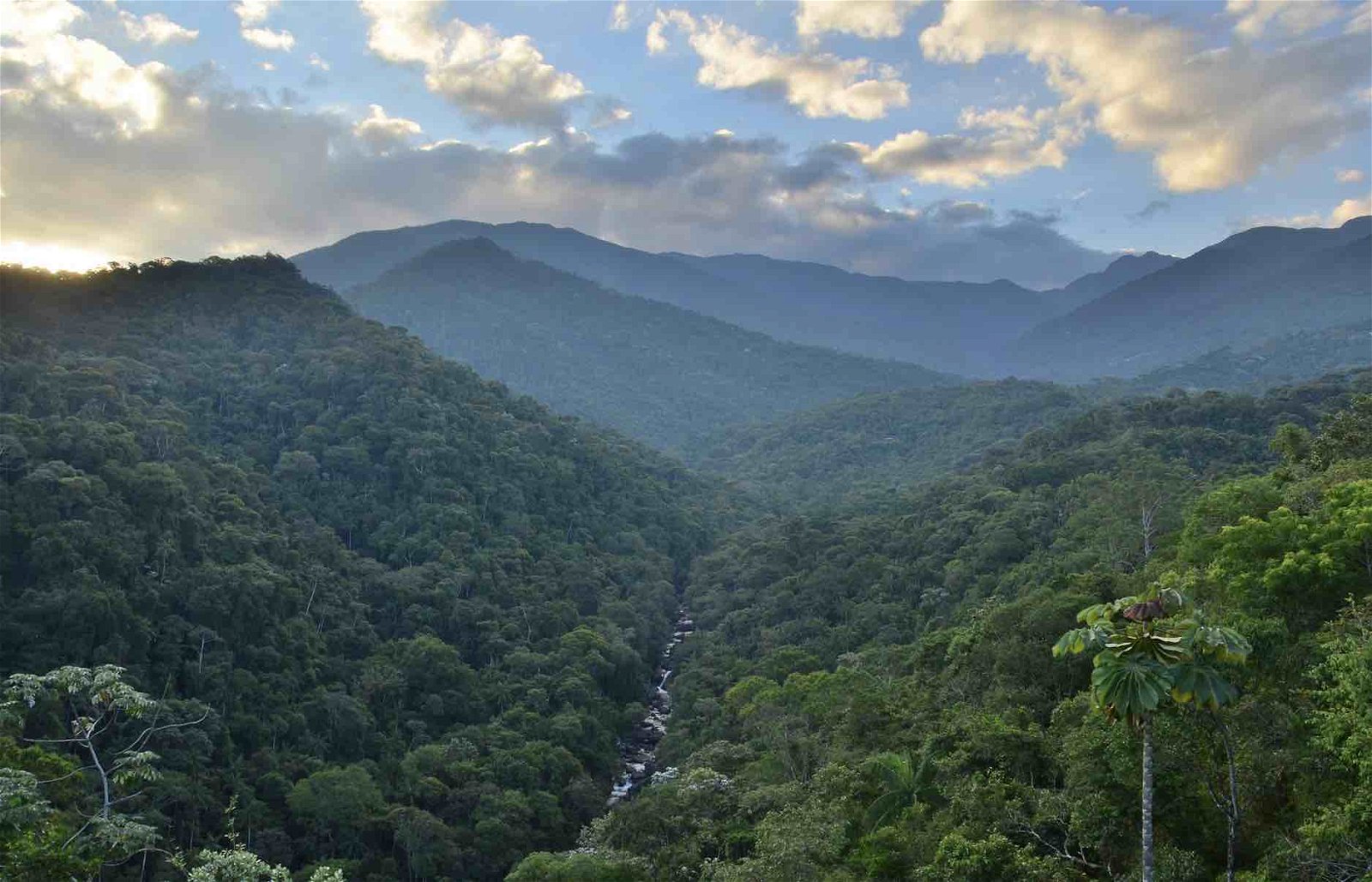The Movement of Trees in Brazil's Atlantic Forest Due to Climate Change

Introduction
New research shows that trees in Brazil's Atlantic Forest are migrating due to climate change. This adaptation is part of a larger ecosystem response to shifting environmental factors.
The Phenomenon of Movement
This movement of trees has been documented before, but the current pace is concerning.
- Brazil's Atlantic Forest is experiencing significant shifts in tree locations.
- Climate change is influencing these movements by altering temperature and precipitation.
Importance of Understanding These Changes
By studying how trees adapt, researchers can better grasp the implications for the ecosystem and conservation efforts.
Conclusion
Monitoring tree movements will be crucial in predicting future ecological shifts due to climate change.
This article was prepared using information from open sources in accordance with the principles of Ethical Policy. The editorial team is not responsible for absolute accuracy, as it relies on data from the sources referenced.